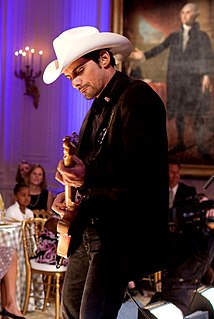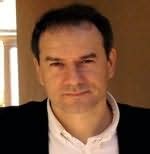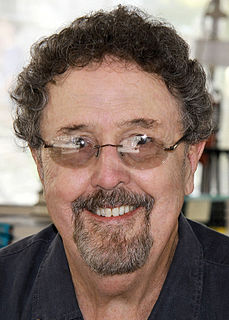A Quote by Brad Paisley
Tomorrow is the first blank page of a 365-page book. Write a good one.
Related Quotes
Yes, the fear of its blankness. At the same time, I kind of loved it. Mallarmé was trying to make the page a blank page. But if you're going to make the page a blank page, it's not just the absence of something, it has to become something else. It has to be material, it has to be this thing. I wanted to turn a page into a thing.
The enemy is not the badly written page; it is the empty page the great advantage of a badly written page is that it can be rewritten. It can be improved. A blank page is zero. In fact, it’s worse than zero, because it represents territory you’re afraid, unwilling, or too lazy to explore. Avoid exploring this territory long enough, and you’ll abandon your book.




































